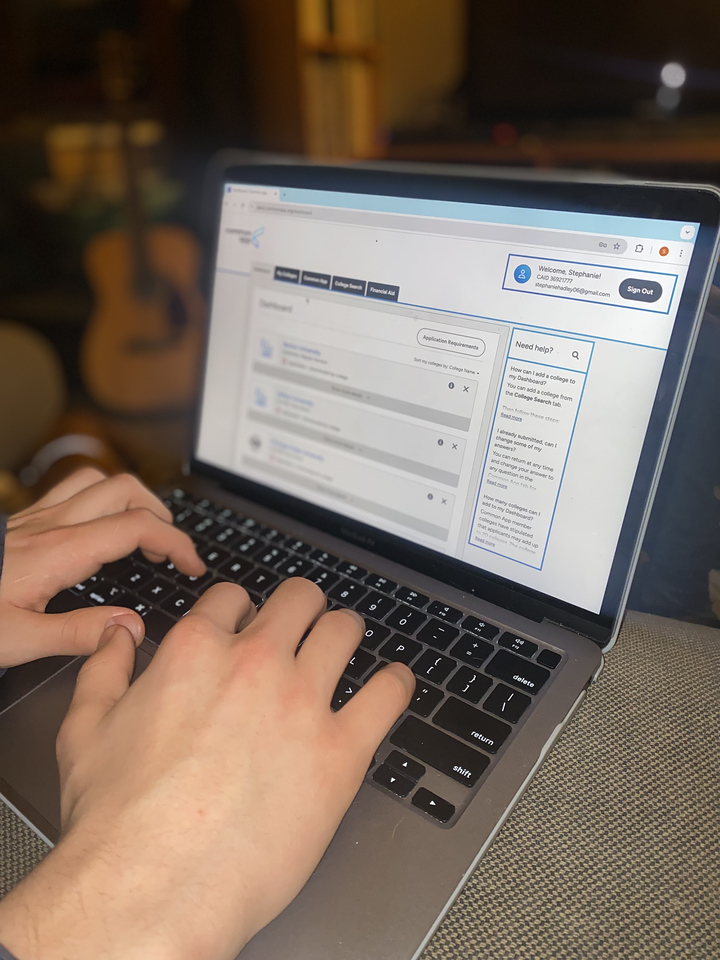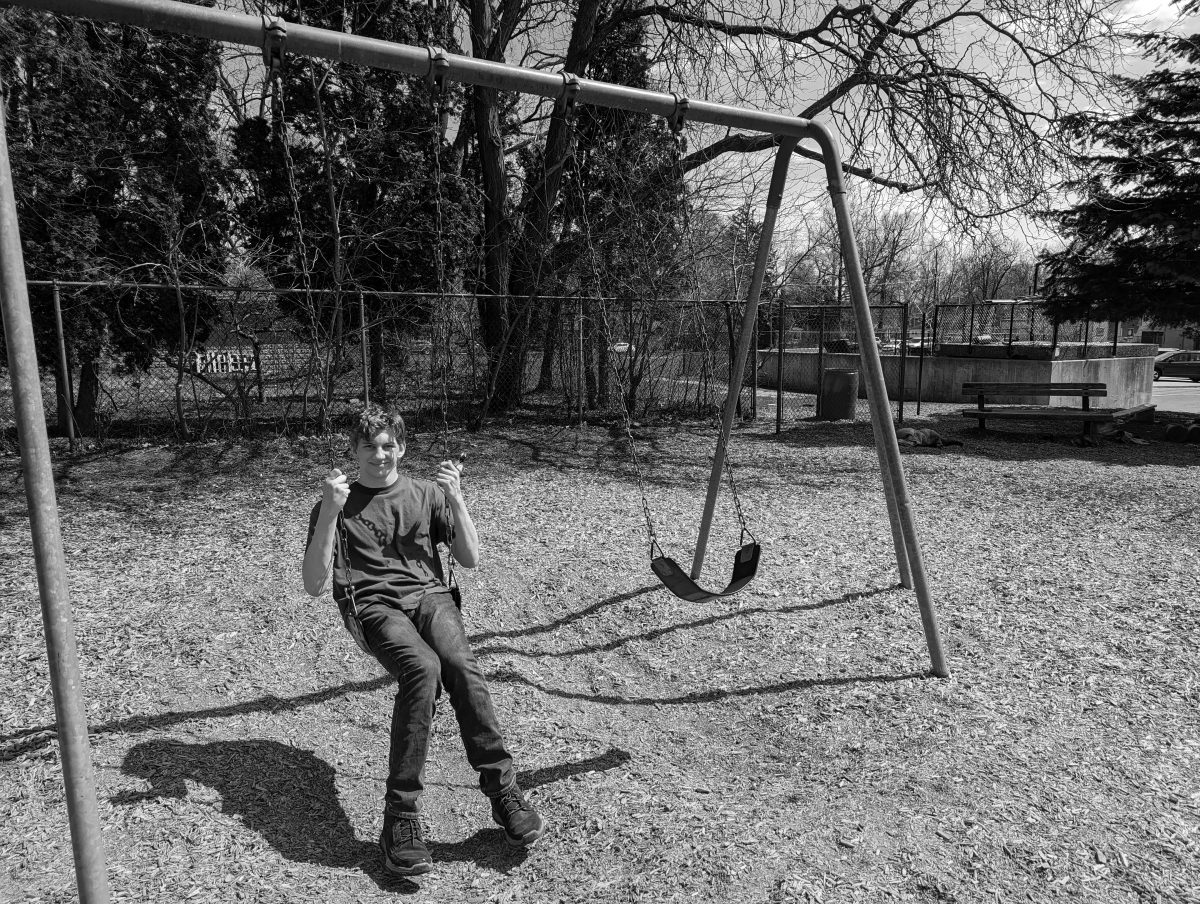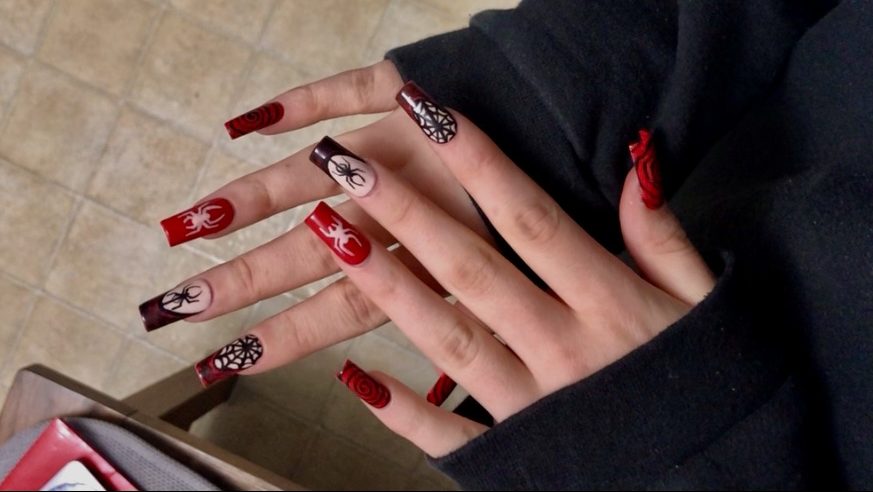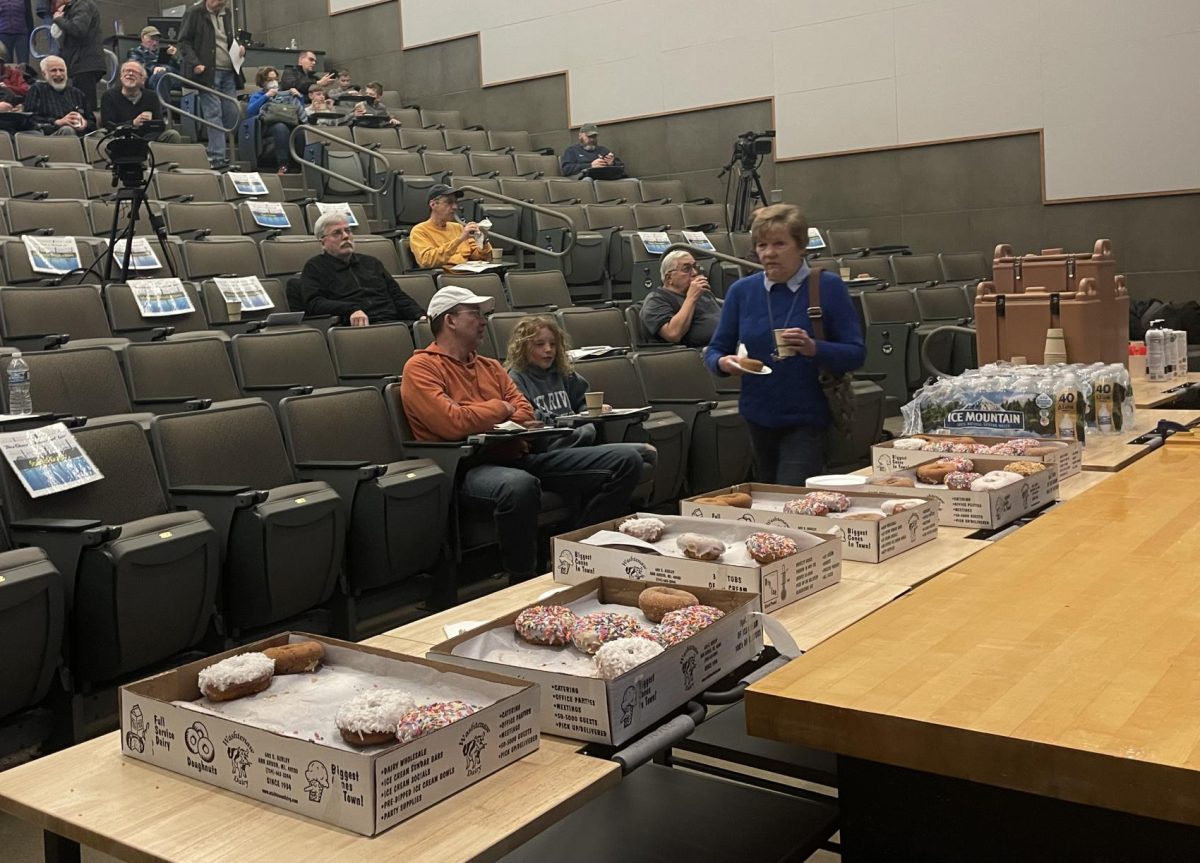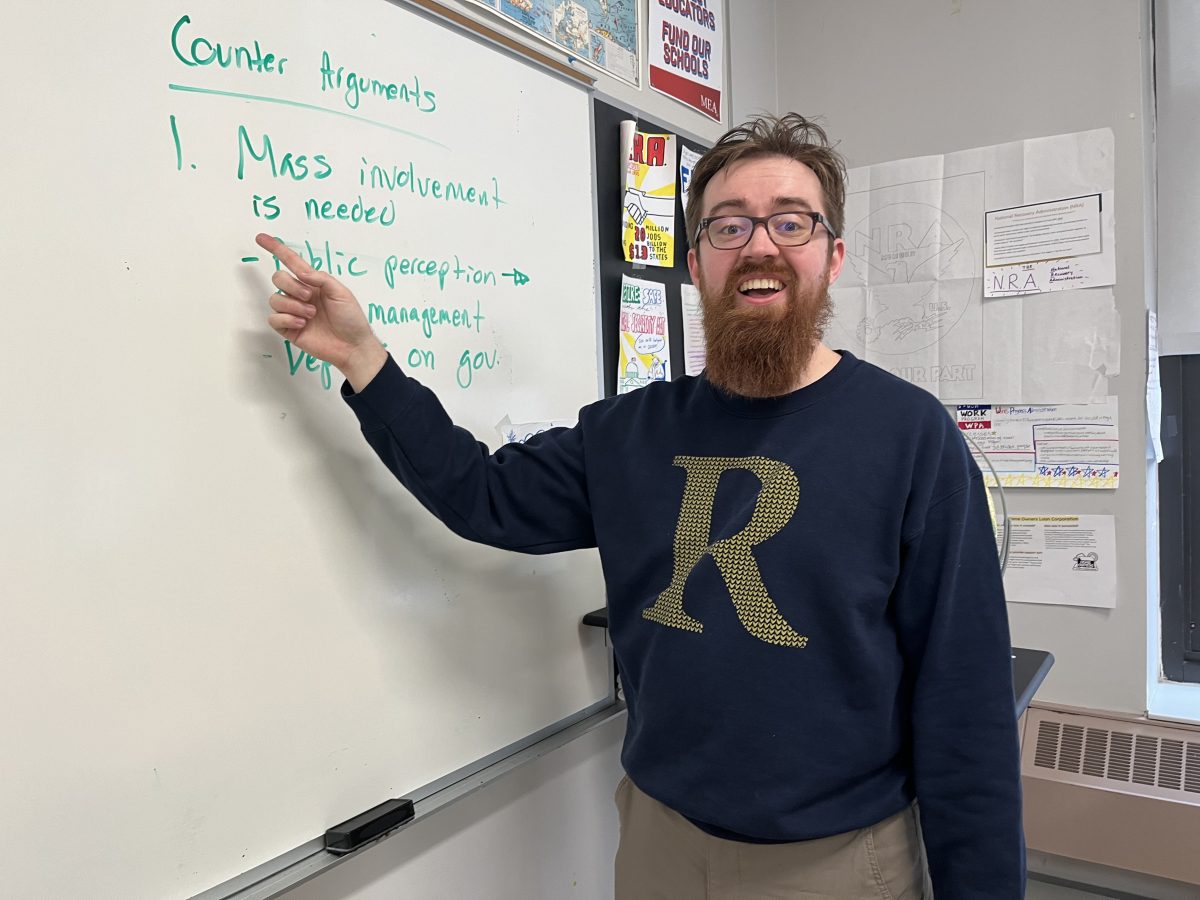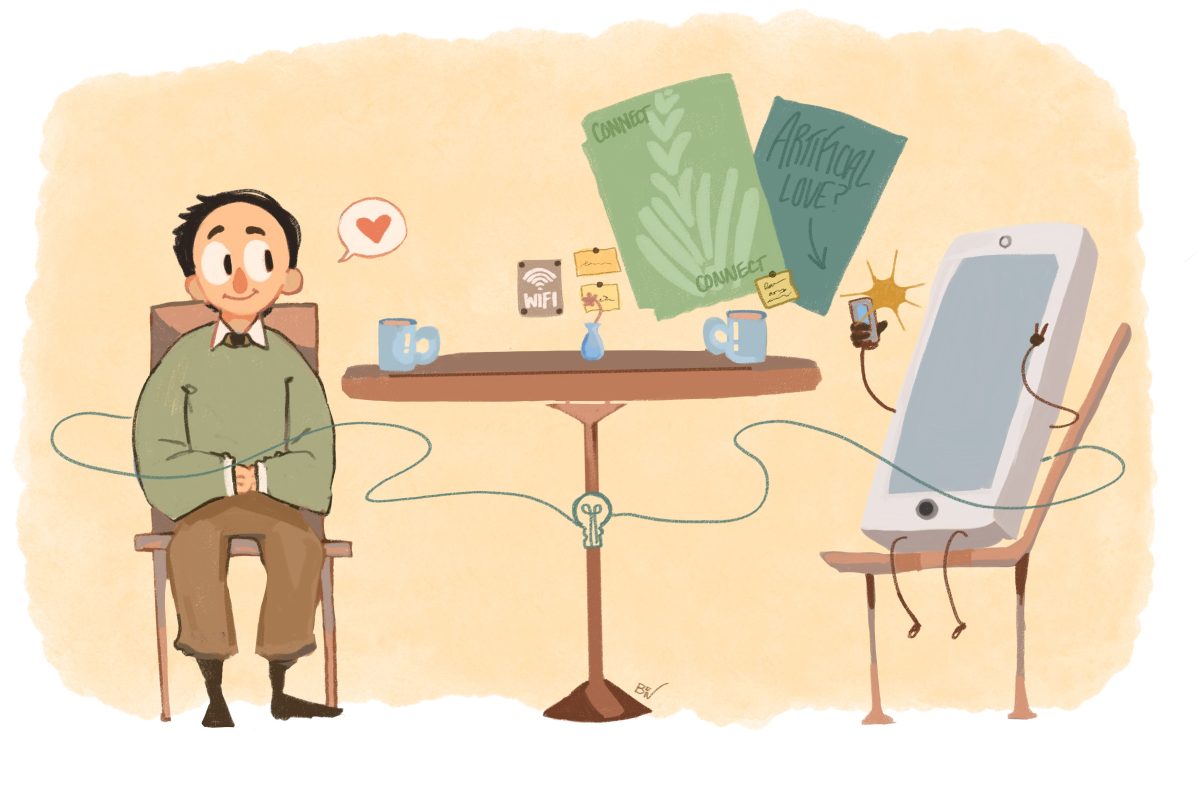Logan Duddy had migraines as a child. His parents and his doctors both found it obvious, but he did not have to observe it. He had to feel it. “I would feel them coming on,” said Duddy, “and I just remember the pain that followed.” The doctors scheduled a check-up, but what they found was unexpected.
In the fall of 1998, the nurse in charge of Duddy’s appointment entered the waiting room of the Mott Children’s Hospital physically shaken. She spoke hesitantly and stuttered. Duddy had a pilocytic astrocytoma (a brain tumor) roughly the size of a golf ball growing on his brain stem. Steve Duddy, Logan’s father, remembers the moment well: “Watching her walk into the room was even tough. It was a true out-of-body experience for me. Something that I never want to feel again.” Duddy’s tumor had been slowly growing connected
 to his brain stem since birth. For Duddy, this news was not only surprising; it was confusing as well. “I wasn’t completely sure what it even meant,” said Duddy. “But I couldn’t be expected to know. I was only six.” A brain tumor developing at this age, without receiving serious medical attention, could only worsen through Duddy’s life, and that was a risk nobody was willing to take.
to his brain stem since birth. For Duddy, this news was not only surprising; it was confusing as well. “I wasn’t completely sure what it even meant,” said Duddy. “But I couldn’t be expected to know. I was only six.” A brain tumor developing at this age, without receiving serious medical attention, could only worsen through Duddy’s life, and that was a risk nobody was willing to take.
The months following his surgery, Duddy still suffered from disorientation. The entire left side of his body became limp, his vision was blurred in his left eye, and the headaches slowly returned. After having dealt with the unimaginable, Duddy’s parents and doctors felt reluctant to admit the possibilities of another operation. Lisa Hesse, Duddy’s mother, recalled the day after the surgery. “There’s always the chance of it growing again,” the nurse said. “Then we would have to be ready for it,” Hesse responded.
“I know it’s pretty obvious that I have a weaker left side,” said Duddy. “And that just caused so many problems through middle school.” Although he was never told he was different, Duddy always felt that he was on a separate level from the rest his classmates. He had a limp on his left leg and blurred vision in one eye, which made it acceptable for less to be expected from him. “It was frustrating to know that people would think that,” said Duddy. “But I knew it wouldn’t keep up.” Duddy’s optimism was his motivation. It pushed him through the personal challenges that he encountered daily. But this did not last. He was growing tired of his middle school setting, and his condition only made matters worse. He did not know if he was in the right middle school or if he should take time off from school to recover. But what he did want was change. A time to be immersed in a new environment with new people, and new opportunities was his beckoning. So, he decided to come to Community High School. He knew not what to expect, but he was more than ready for high school.
Although nervous and a bit skeptical, Duddy felt welcome. “I knew that Community was smaller than my middle school,” said Duddy. “But it felt bigger.” Again, Duddy’s motivation encouraged him to explore his high school potential. Sports had always held his interest. Watching the Detroit Red Wings from a young age strengthened his fascination with athletics. Duddy made an unexpected decision when he chose to try out for Pioneer High School’s lacrosse team. “I would never have guessed that Logan would feel comfortable with playing on a team,” said Hesse. “But this makes him the perfect example of perseverance.”
Lacrosse is a highly physical game. Contact with other players is an integral part of the game, and one Duddy had to adapt to. “I’m not a fully rounded player,” he told his coach. In games, the opposing team would immediately notice this and warn others on the field. They knew that Duddy could only utilize the right side of body, leaving everything to the left open. “He’s all right! He’s all right!” They shouted. Duddy felt conflicted. Although he had played for a Rec & Ed team in 7th grade, this is what he aspired to do in high school. However, his physical condition was problematic. “I was never worried about leaving the team,” said Duddy. “I just didn’t want to let them down in a game.” Lacrosse remained an important part of Duddy’s high school career until early in his junior year, when he once again, had to undergo brain surgery.
Entering the hospital and walking to his room, Duddy feels supported and strong. He knows that during every step taken in the operation he will not be alone. He thinks of his parents and older brother, and what his neurosurgeon had said to him in the weeks leading to the surgery: “Once you’re with us and we begin, there is no chance you won’t come out of it. That’s our job.” For Duddy, he is in the best possible scenario for such a situation. He is surrounded by his family members, has trustworthy people operating on him, and is filled with optimism. “All you can do is look to the future,” said Duddy. “You can’t focus on the present because you’ll only make it harder on yourself to get through it all.”
After a five-hour operation, Duddy laid in his hospital bed for two days, unable to move a muscle. During the first day of recovery, it was a challenge to stay awake for more than ten minutes, “But when I could,” recalls Duddy, “The first thing I saw was my dad standing next to the bed, and my mom crying.”
Because he has such an active lifestyle, waiting in the hospital room for two days was not an easy task for Duddy. He was anxious to be back in the hallways of Community with his friends, and on the field with his teammates. After spending almost three days off of his feet, Duddy, with his parents, left his room and walked out of the hospital. He returned to his home and was instantly hit with “get-well-soon” cards, gifts and phone calls. “I didn’t feel much different leaving the hospital,” said Duddy. “But I did feel I was stronger after the surgery from all the cards.”
High school was something that he wanted to be a part of again, but playing lacrosse was a part of Duddy’s life that encouraged him to do everything. He sat at his dining table with his parents explaining the position he played in the previous season. “You know you have to be careful when you’re out there, don’t you?” His mom reminds him. He glances downward at the table, saying lightly, “I know mom. I know.”



